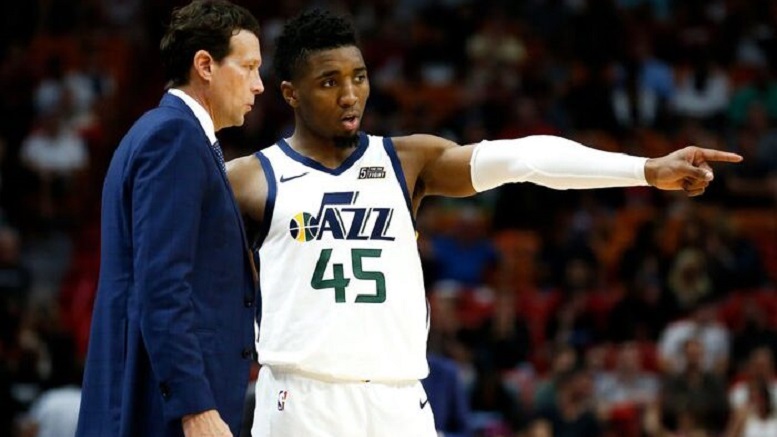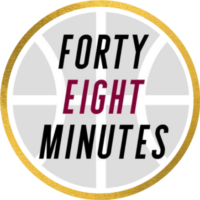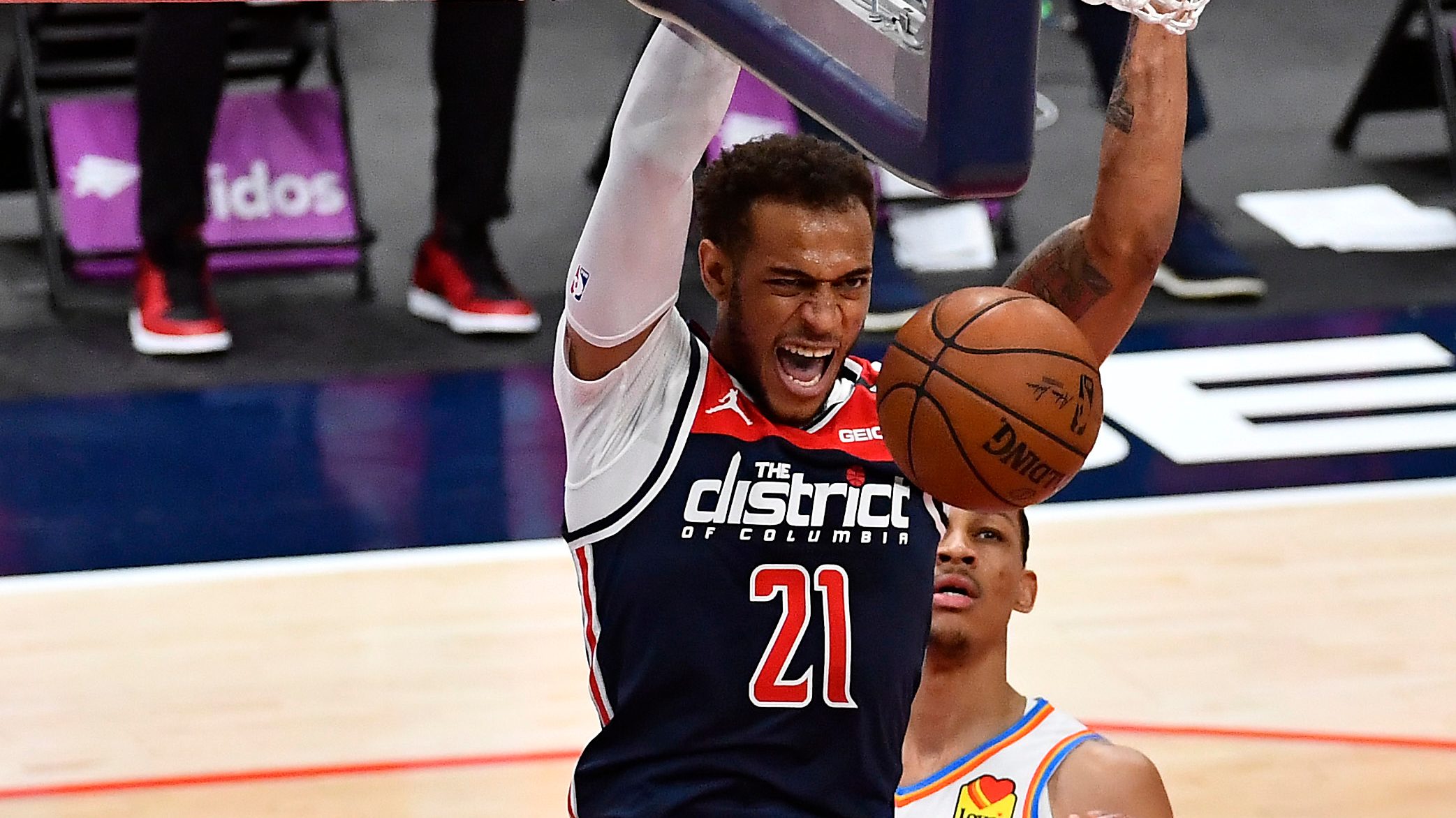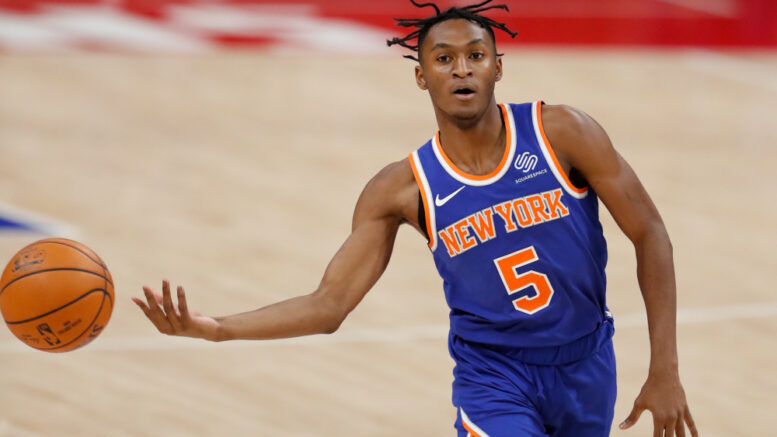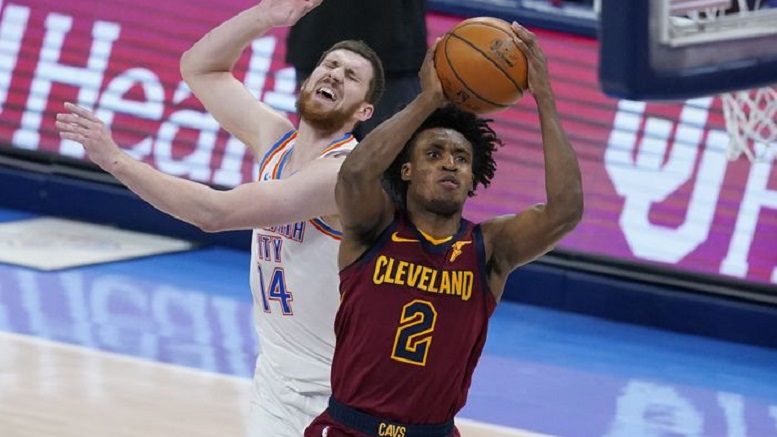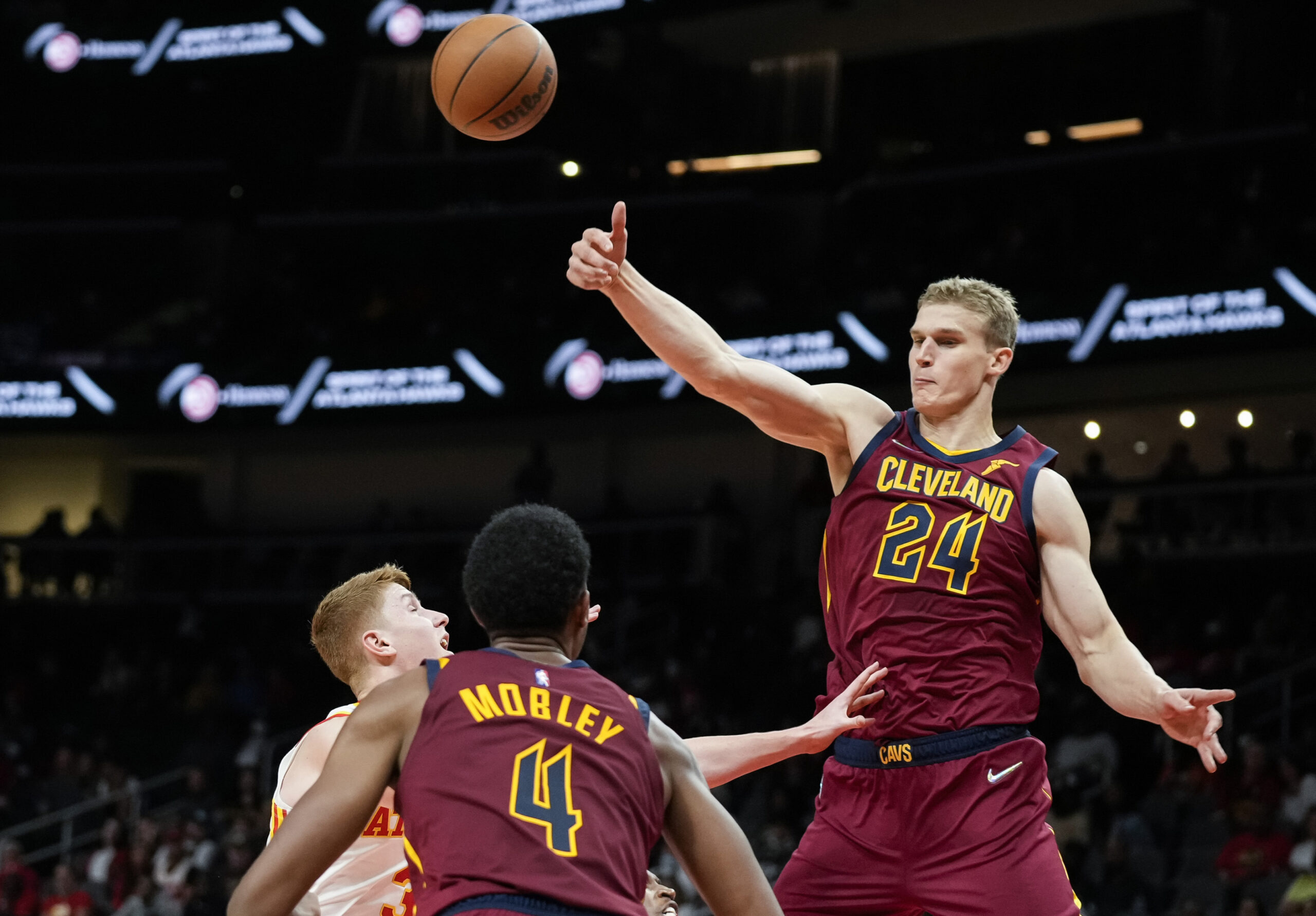On the surface, it appears that everything is clicking for the Utah Jazz. Their 28-10 record remains the best in the NBA, but something stuck out in a recent loss to the Golden State Warriors: Stephen Curry eventually broke through.
Curry, who’s had a fantastic season of his own, finished Sunday’s game with 32 points and nine assists on 50% shooting from the floor. Six of his 10 made field goals came from beyond the arc. Despite a great game from Andrew Wiggins, Curry was the star of the show en route to the Warriors scoring 131 points on the league’s No. 3 defense.
While Curry’s performance was just another day at the office for one of the league’s best players, it was reminiscent of something that has plagued Utah for multiple postseasons: defense on dynamic scoring guards. Whether it be the Houston Rockets (2018 and 2019) or Denver Nuggets (last season), there’s a history of elite guards — or guard tandems — being thorns in the Jazz’s side come playoff time.
In the first two years of the Donovan Mitchell era in Utah, Houston was too much to handle. The first time around, James Harden and Chris Paul combined to average over 50 points per game. It was a completely lopsided series. While the second one resulted in the same outcome record-wise, the Jazz seemed closer. Quin Snyder kept a defender on Harden’s back hip and funneled him into Defensive Player of the Year candidate Rudy Gobert, and it was more effective. Harden shot 37% from the field for the series but ultimately, the losing team simply didn’t have enough to stop him and Paul completely.
Last year in the “bubble,” Jamal Murray had the series of a lifetime. The former Kentucky guard averaged 31.6 points per game on a video game-like 55% shooting overall. No one on the Jazz could stop him, and forcing him inside didn’t work. The Jazz used drop coverage and with Gobert falling back into the paint, Murray feasted from the midrange area on many occasions. Again, one of the league’s best defensive teams looked helpless.
The Jazz’s recent loss to Golden State didn’t foreshadow anything. This year’s team is too good to lose a first-round series in an embarrassing fashion. With that said, some matchups do pose serious threats. Teams like the Phoenix Suns and Portland Trail Blazers have elite guard tandems and can score in bunches from all three levels of the floor. Murray is still Denver’s starting point guard. Curry remains locked in with the Warriors. Things won’t get much easier.
Are the offensive improvements the 2020-21 Jazz have made going to be enough in the later stages of the season? Who knows. They will have to be in order for Utah to achieve a deep postseason run, though. For as good as Mitchell and Mike Conley have been on offense, neither are stopping Curry, Murray, Paul, Damian Lillard or Devin Booker. Gobert, despite being a top defensive player in the league, isn’t the same force outside of the painted area. Royce O’Neale, Utah’s best perimeter defender, shouldn’t be tasked with doing everything by himself.
Snyder is almost surely aware of these harsh realities. On one hand, his team has been the best in the NBA to this point in the campaign. On the other, the playoffs are an entirely new story. How the Jazz defend some of the league’s best guards down the stretch could predict how far they go in the postseason.
